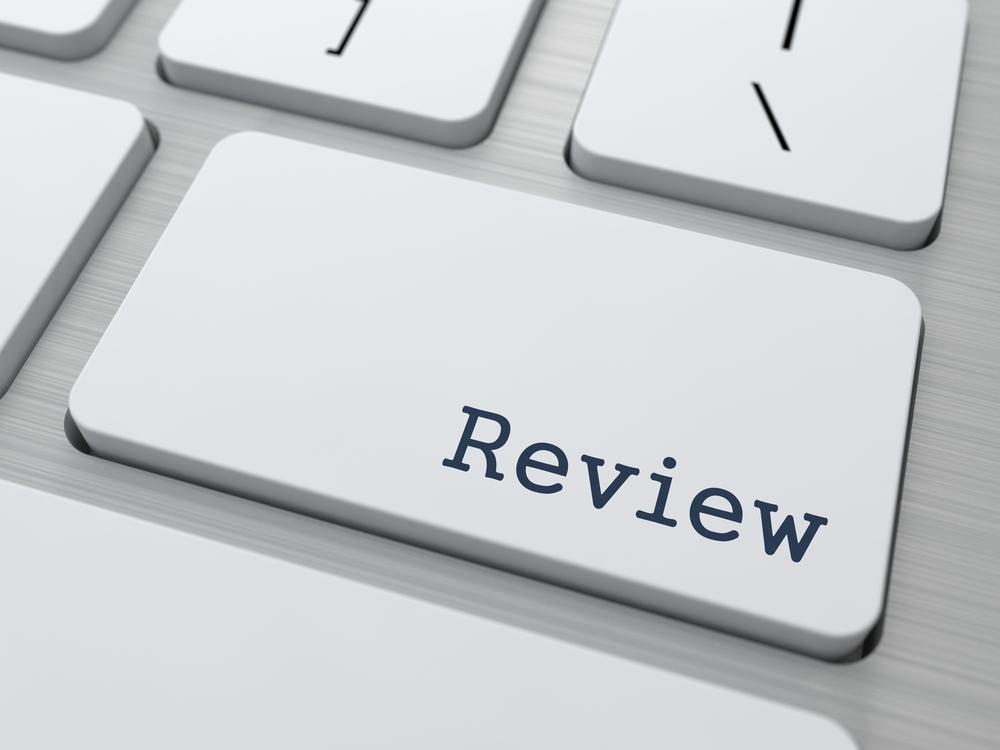How to Minimize Clutter and Organize Your Digital Life
 Michelle Farnsworth
·
5 minute read
Michelle Farnsworth
·
5 minute read
At one point or another we have all walked into a room that has been completely overrun by stuff. Pictures covering walls, objects spread across the floor, and some type of item to be found at every turn. We may feel anxious, uneasy, guilty, overwhelmed, exhausted, or frustrated without fully recognizing why. When we are bombarded with excessive stimuli our senses are forced to work in overdrive to compensate for the chaos. Our mind will not allow our body to fully relax because in the back of our head there is work left undone, and it doesn’t take long for someone to either remove themselves from the situation or change their surroundings to bring some serenity back into their lives (i.e. declutter).
Now take this same disarray, and digitize it. Does it feel any different to you? The truth of the matter is, most people don’t recognize the toll that digital clutter plays on their psyche as easily as they do with physical clutter. Yet digital disorder has the same effect on your brain as the physical chaos. Such unfinished business stays in your consciousness and makes you feel disempowered, fatigued, or hopeless. Computer files, notifications from Twitter and Facebook, or anything else that alerts you with a ding, light, or nudge fights for your attention and makes it more difficult for you to focus on the task at hand. New York Times best selling author, Mark Hurst, puts things into perspective when he said: “When you have to-do items constantly floating around in your head or you hear a ping or vibrate every few minutes from your phone, your brain doesn’t get a chance to fully enter creative flow or process experiences. When your brain has too much on its plate, it splits its power up. The result? You become awful at filtering information, switching quickly between tasks, and keeping a strong working memory.”
Although clutter has been shown to negatively affect your performance, it is your perception of the clutter that truly matters. If you are happy with your space and able to easily find what you need when you need it, then you are adequately well-organized. Researchers have found that some people need more of a mess in their surroundings than others to feel inspired and get work done. Take for example, Albert Einstein or Steve Jobs. Both extremely successful in their own rights, and both have what most would consider a cluttered work area. Compare them to minimalist Graham Hill, founder of TreeHugger who gave up his million dollar mansion for a 420 square foot apartment that only has the bare necessities. Or Adam Baker, founder of Man vs. Debt who sold everything he owned to pay off consumer debt and travel the world as a family, fitting all of his possessions into two small backpacks.
How to Minimize Clutter and Organize Your Digital Life
There is one phrase that sums up this minimalistic attitude perfectly, and that is:
dealing with less is much easier than trying to organize more.
In order to keep your digital clutter to a minimum, take a look at 10 common areas of excess and how to simplify them.
Ten Ways to Declutter
- Note Taking Application – Before the digital age, I would find sticky notes with various types of reminders all over my desk, planner, or house. With the use of technology, this same method for remembering can be found using Apple Notes, Evernote, or Microsoft Onenote, just to name a few. Now there is nothing wrong with having such reminders, but the problem comes from a lack of reminder organization which can cause disorder. Choose one note taking application and stick to it. Also, make sure you are reviewing your notes on a regular basis in order to keep things orderly.
- Desktop – If you’re like me, your desktop is sort of a catch all, where anything and everything gets placed until some distant date where it will then be moved to a more appropriate location. While saving files to your desktop is a great way to make things quickly accessible, it is also extremely easy to let the saving get out of hand. Regularly remove items that are no longer important or relevant, whether that happens daily, weekly, or monthly. Items that you will need at a later time can be placed in a folder and arranged in an orderly manner, enabling you to find it easily at a later date. A clean desktopcan save you valuable time and help you focus on the task at hand.
- Documents – Is it absolutely necessary for you to keep your water bill from 2012? Probably not. Records, receipts, and invoices can often be downloaded later if need be. Take an inventory of all your documents and consider deleting or archiving anything not used regularly in order to free up space.
- Files and Folders – It is crucial for you to come up with a good system to organize your files and folders, one that makes sense and works for you. Delete any folders that have nothing in them, place similar files into one folder, and make sure any remaining folders are clearly labeled.
- Bookmarks – If you have opted to manage your bills online, or simply have several websites that you frequent, then keeping a clean bookmarks tab is essential. Get rid of any bookmarked sites you no longer visit regularly, and make sure those that are left are arranged in an organized fashion so you can access them with ease.
- Inbox – If you never checked your physical mailbox, your mailbox would begin to overflow and the mail carrier would refuse to deliver mail to your address. Unfortunately the same is not true for your email inbox, and if left unchecked your unread inbox messages could get out of hand. I’ve heard of many who have a small notification on their email that is in the number realm well into the thousands. With so many companies and websites using your email address, the potential for your inbox to be abused it greater than ever before. Don’t let it happen to you.Organize mail from your inbox every. single. day. Whether that means deleting, moving it to an appropriate folder for storage (i.e. bills, leisure, family, etc.), or placing it in a “work in progress” folder to dive into later. Unsubscribe from promotional newsletters that serve you no purpose and set up your spam to filter any unwanted material from ever entering your inbox.
- Music – Every song you have ever purchased is readily available in your music library. To keep your hard drive from becoming overrun with songs you no longer listen to, delete anything unused, freeing storage space up for more music. If you listen to music a lot, consider paying a monthly fee to a service such as Amazon music, Spotify, or Apple Music so you can access an entire library of music without the using any of your own storage space.
- Old Apps, Programs, or Software – If there is an app or program that you no longer use, delete it. There is no reason to bog down your storage space with something you *may* (or more likely, may not) use at some future date, even if you paid a pretty penny to purchase it. If it no longer works for you, get rid of it.
- Old Contact Information – Go through your contacts every so often (at least every 6 months) and delete contacts you no longer need or use. Update any remaining contacts so that your contacts folder can be clutter-free and efficient.
- Photos and Videos – As tedious as it may be, go through all of your photos and videos and delete anything that is a duplicate, poor quality, or no longer needed (such as a photo of that killer deal you found at Costco). Holding on to poor quality photo and video makes it tough to find the high quality ones when you need them.
Bonus Tip – If you are not careful, social media can take over your life. There will always be something new you can consume, someone new to follow, or something new to tweet. Set a limit, whether it is how many people you follow on Twitter or the number of groups you join on facebook. Unsubscribe to blogs that are no longer updated or relevant in your life. By limiting the amount you are taking in allows you to actually enjoy more of what you consume and keep up with the people you truly care about. And an added bonus? You are spending less time plugged in and more time living.
Whether you opt to take each point and get totally organized with it before moving on to the next, or whether you choose to do it all at once by participating in a digital detox for a solid week, getting your digital life under control is crucial for your well-being and success. Find a system that works for you and keep up with it.

